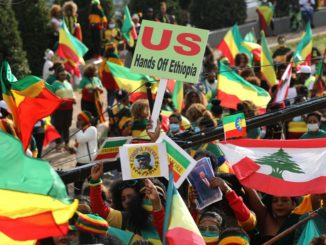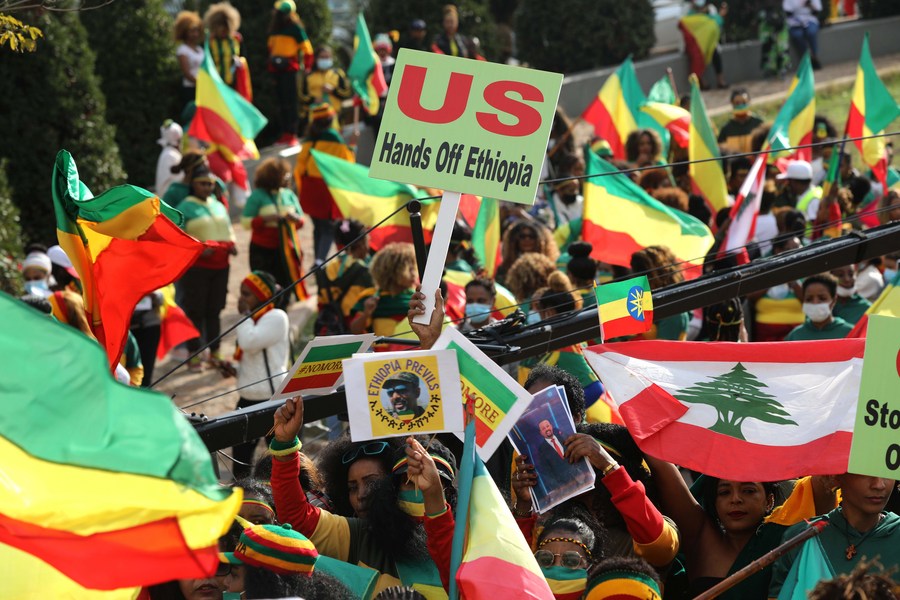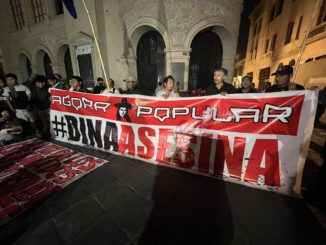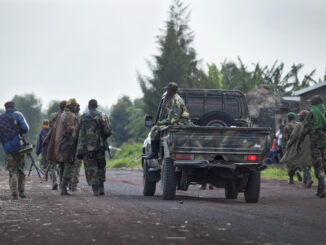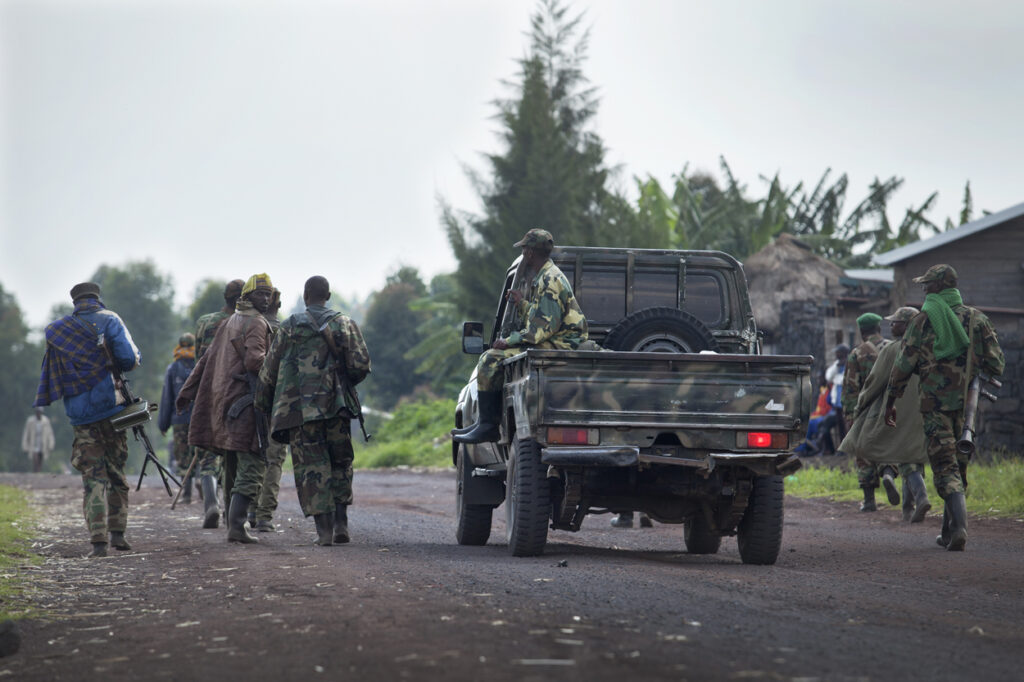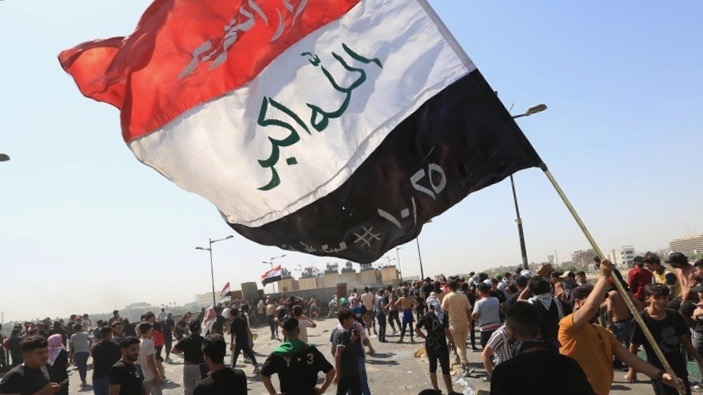
Editor’s Note: This article originally appeared in Peoples Dispatch.
This October marks the third anniversary of the 2019 popular protests in Iraq. On Tuesday, October 25, a large number of people gathered in the Tahrir square in capital Baghdad and paid homage to the people who were killed in the protests. They raised slogans in support of what has been termed by the protesters as the Tishreen movement.
The countrywide protests in 2019, rooted in the long-term grievances of people against successive governments, went on for months. Before the global COVID-19 outbreak forced them to end, the protests were successful in forcing the then government led by Adil Abdul Mahdi to resign, putting the ruling classes on the defensive and pressing for reforms.
Caretaker prime minister Mustafa al-Kadhimi, who came to power in May 2020 after months of uncertainty, had promised to deliver on some of the major demands raised by the protesters, including rebuilding the economy and punishing those guilty for the deaths of over 600 people including protesters and others.
Three years down the line and with a new government on the horizon, none of these promises have been met. This is likely to lead the vast majority of pro-reformers pushing for their demands in the coming days.
Economic and Political Aspects of the Protests
The 2019 protests were one of the largest in Iraq’s history since the 2003 U.S. invasion. Long-term grievances regarding inefficiency of successive administrations and the widely perceived corruption among the ruling establishment were at the center of the public anger. In their slogans, the protesters repeatedly denounced the failure of the system created under the supervision of the US occupation in tackling the issues faced by the people, such as rising poverty, unemployment, and basic services delivery.
At the time of the protests, the official rate of poverty in the country of approximately 40 million people was rising. Even before the pandemic hit in 2020, the poverty rate had risen to above 31 percent. Oil-rich Iraq witnessed an unprecedented rise in poverty during the COVID-19 outbreak. While the government claimed that the poverty rate was coming down after the pandemic, a large number of Iraqis are still forced to live a life as paupers.
Since oil revenues make up the bulk of Iraq’s federal budget–around 96 percent–the economy remains vulnerable to market fluctuation.
Iraqi youth, who make up the majority of the population, were at the center of the 2019 protests. The unemployment rate among the youth–fresh graduates from the university and others–was above 40 percent at the time of the protests.
The majority of Iraqis were forced to live without the basic amenities such as power, sanitation, and health care. Protesters claimed that these failures on the economic front were the result of inefficiency and corruption of the ruling elite. They also pointed to structural reasons such as the system of Muhasasa or sectarian quota based on distribution of political posts for this inefficiency and corruption.
Failure to Address Demands for Structural Changes
The protests were not limited to Baghdad but spread across all urban centers in the country, particularly in the southern regions. The protesters raised the demands of more jobs, better governance and systemic changes, including ending the sectarian quota system and all kinds of external intervention in Iraqi affairs.
Instead of taking initiatives to address the issues related to structural reforms, the ruling class announced fresh national elections in October 2021, a year before schedule.
Partial changes in the country’s electoral laws and introduction of the first past the poll system to replace the system of proportional representation were sold as fulfilling the demand for reforms in the political structure.
Earlier, amid rising tensions created by the U.S. assassination of Iranian General Qassem Soleimani in January 2020, the outgoing parliament passed a resolution mandating the complete withdrawal of all foreign forces from the country.
However, none of these addressed, even partially, the demands raised by the protesters. The U.S. troops were forced to end their operational presence but, in complete violation of the parliament’s resolution and popular demand, they still remain in the country.
The national elections of October 2021 saw a historically low participation rate with just about 40 percent of the electorate exercising their right to vote amid a call for boycott. This resulted in a situation where no political coalition or group was in a position to claim majority and form a new government for almost a year after the elections.
Mohammad Shia al-Sudani was finally approved as prime minister this week. He was designated to the post by Abdul Latif Rashid who was newly elected as president earlier this month. Al-Sudani’s appointment is expected to end the political uncertainty in the country for now. However, it may not mean an end to the political turmoil despite his promises to deliver on the economic front and tackle corruption.
A sign of the challenges ahead is the fact that disagreements and disputes over the nature of government as well as al-Sudani’s candidacy led to the killing of dozens of people this year.

